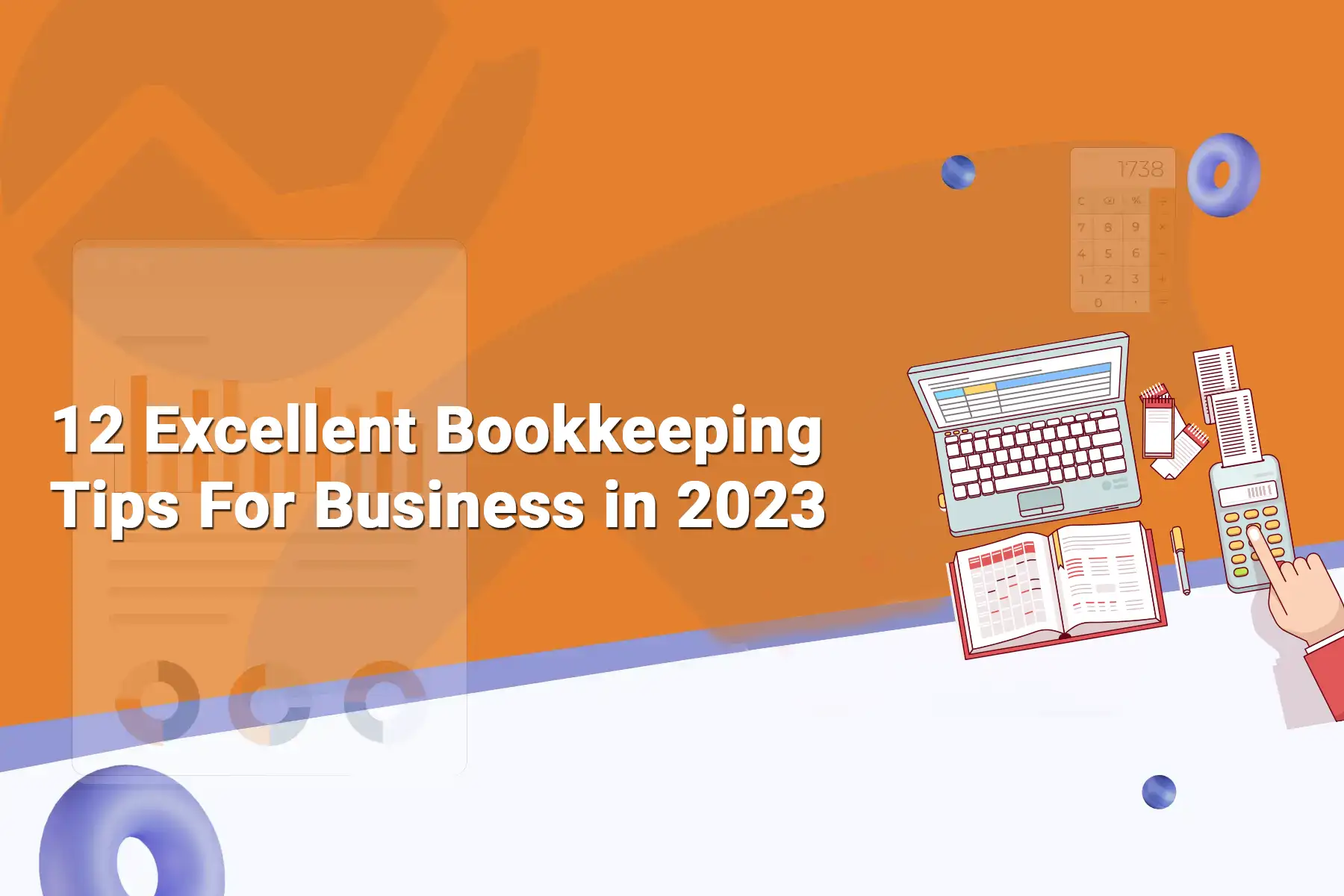
Table of Content
-
Bookkeeping Tips for Business
- Know the basics of bookkeeping and accounting
- Prioritize your books and record-keeping system
- Separate your personal accounts from the business
- Understand your business's expenses and revenues
- Keep track of cash payments and receipts
- Use cloud-based accounting software for automation
- Don’t forget to pay yourself a salary and reimburse business expenses
- Pay attention to accounts receivable and payable
- Make a Budget for tax expenses
- Create and check financial reports regularly
- Important tax deadlines should always be remembered
- Hire or Outsource a professional bookkeeper
12 Excellent bookkeeping tips for business in 2023
Business owners sometimes find bookkeeping and accounting processes tedious; thus, failing to keep proper financial records resulting in tax issues and financial loss. Putting in place a simple bookkeeping procedure and embracing some fundamental accounting methods may assist you in better understanding your business’s financial situation and potentially increase income. The goal is to provide you with a streamlined procedure for integrating all aspects of a company's financial activities, such as revenues, assets, liabilities, costs, invoices, deposits, and tax data. Such a system may greatly reduce your workloads, especially during tax season.
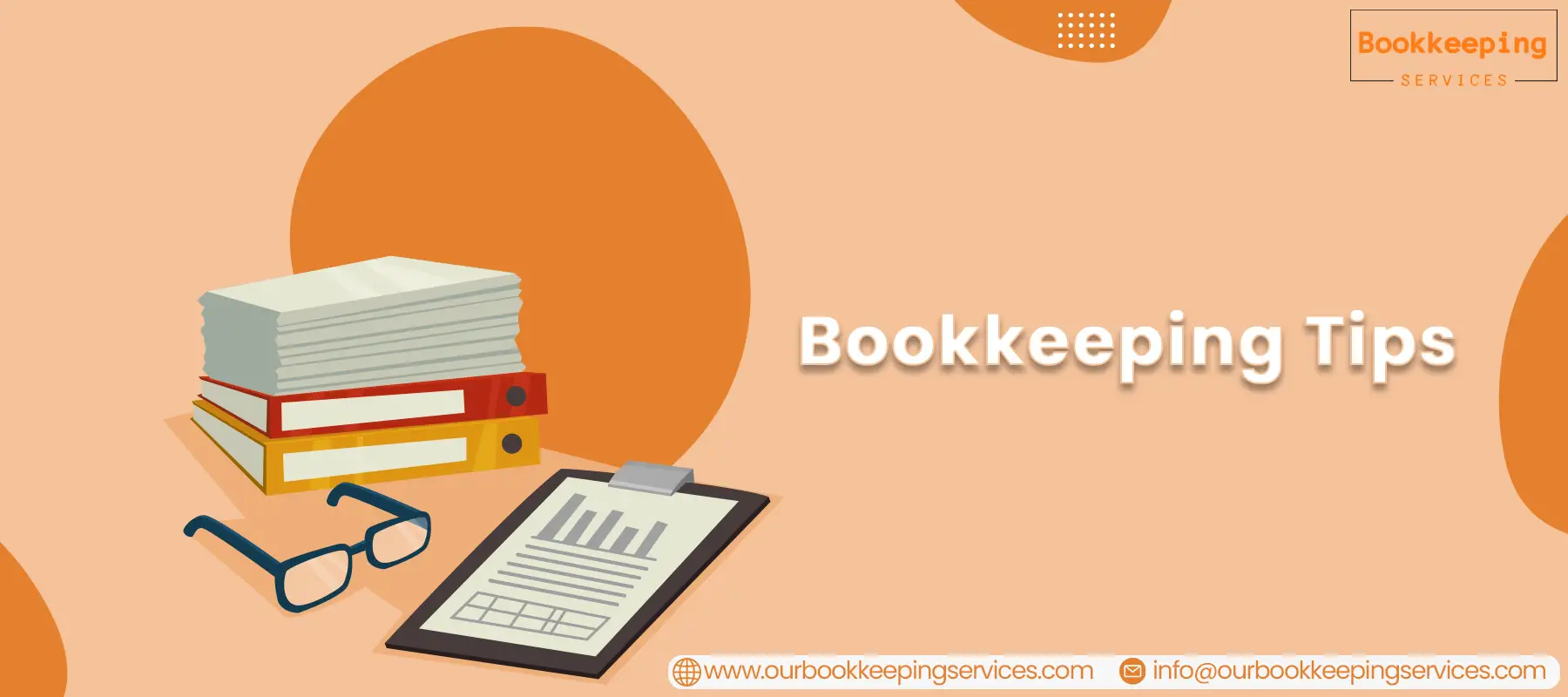
If You own any kind of business, you should definitly have a basic understanding of the books, bookkeeping and financial statements to streamline their financial management process:
Books:
A book is a formal record of a company's daily financial transactions. These transactions can include sales, purchases, receipts, and payments and are typically recorded chronologically.
Bookkeeping:
It is the process of organizing and managing a company's books and records. Bookkeeping is crucial for businesses because it enables them to precisely track their financial performance, manage cash flow and base their choices on financial information.
Financial statements:
They are formal records of a company's financial activities and performance that are used to communicate the company's financial position to external and internal users such as investors, creditors, and regulators. The three main types of financial statements are the balance sheet, income statement, and cash flow statement.
Bookkeeping Tips for Business:
Managing a business is a challenging task that requires juggling various responsibilities, including bookkeeping, which is essential for long-term success. Bookkeeping errors in 2021 resulted in over $1.3B in IRS penalties, emphasizing the importance of maintaining accurate financial records. These 12 essential bookkeeping and accounting tips will definitely help your business to avoid penalties and stay compliant. While these tips will help you keep accurate records, you can always seek our professional advice if bookkeeping and accounting processes overwhelm you.
1. Know the basics of bookkeeping and accounting.
You may believe that you don't need to know accounting and bookkeeping rules as you have a professional to manage your finances or use automated accounting software. However, it's crucial to have a basic understanding of books, bookkeeping processes, accounting rules and tax obligations to ensure compliance and avoid penalties. It's a good idea to research and read the accounting rules, tax laws, and regulations that apply to your business type, whether you're a sole proprietor, a partnership, or a registered company.
Furthermore, understanding the fundamentals of bookkeeping and accounting can assist you in making informed financial decisions and keeping your business financially healthy. This knowledge can also help you identify and correct errors your accountant or bookkeeper makes, reducing the risk of financial mismanagement.
For example, suppose you're running a registered company and paying corporation tax. In that case, you should know the deadlines to file the tax returns and make payments to avoid late penalties. To ensure the accuracy of your tax returns, you should keep accurate and up-to-date records of all financial transactions, such as sales and expenses.
2. Prioritize your books and record-keeping system:
Maintaining an organized approach to record every financial transaction of your business is crucial for steady cash flow, informed business decisions, and compliance with tax laws. Whether you prefer paper or digital records, it's critical to keep them secure and organized, to back them up, and to use accounting software for easy access, data entry, and real-time reporting.
For instance, when dealing with physical receipts and invoices, you can use folders or binders to categorize and store them according to the date or type of transaction. Similarly, if you prefer digital records, you can use accounting software to input and categorize your transactions, making it easy to track expenses and income.
It's also important to keep backups of your financial records to prevent data loss. Consider scanning and uploading physical records to cloud storage or backing them up on external hard drives. Alternatively, you can use cloud-based accounting software to automatically store and back up your financial data for digital records.
For example, cloud-based software like QuickBooks Online, Xero, or FreshBooks allows you to access your financial records from anywhere, make data entries on the go, and generate real-time financial reports. You can also use these platforms to create invoices, track expenses, and reconcile your bank accounts seamlessly.
3. Separate your personal accounts from the business
Separating your personal accounts from your business accounts is essential for any business owner. Doing so you can avoid financial complications and ensure your financial records are accurate and well-organized.

Assume you own a bakery and run a small business. It can’t be easy to track which expenses are related to your business and which are personal if you mix personal and business expenses. This mixing can create confusion and make it difficult to prepare accurate financial statements.
A separate business bank account is important for bookkeeping and may also be required depending on your business structure. For example, a limited liability company (LLC) or corporation must have a separate bank account because it is a legal entity distinct from its owners. It can also protect your assets from business liabilities. If your business faces a lawsuit or other financial problems, having a separate business bank account can help prevent creditors from seizing your assets. This separation makes tracking your business expenses, preparing financial reports, and calculating your tax obligations easier.
4. Understand your business's expenses and revenues
You must have a solid understanding of your business’s expenses and revenues to make informed decisions and manage your finances effectively. For example, suppose you know that a particular product or service has a high-profit margin. In that case, you can concentrate on promoting and expanding that aspect of the business. If, on the other hand, you realize that a particular expense is consuming a sizable portion of your budget while providing little return, you can look into ways to reduce or eliminate it.
You should regularly review your financial statements to better understand expenses and revenues. You can also monitor cash flows to ensure you have enough money to cover expenses and invest in growth opportunities. You can also use financial analysis tools to compare your results to industry benchmarks and identify areas for improvement.
It's also critical to understand which expenses are tax deductible and which are not. For example, if you buy office supplies, rent office space, or buy equipment solely for business purposes, those expenses are usually tax deductible. However, buy a personal item like a new outfit or jewelry. You cannot add that expense to your business accounts as it is unrelated to your company's operations.
5. Keep track of cash payments and receipts
It's essential to record cash payments in your company's books to keep correct financial records and prevent errors. Even for costs directly linked to your business, depositing the money into your business bank account first is crucial. To balance your accounts and prevent duplicate chasing: Note the customer's name, payment amount and reason for payment.
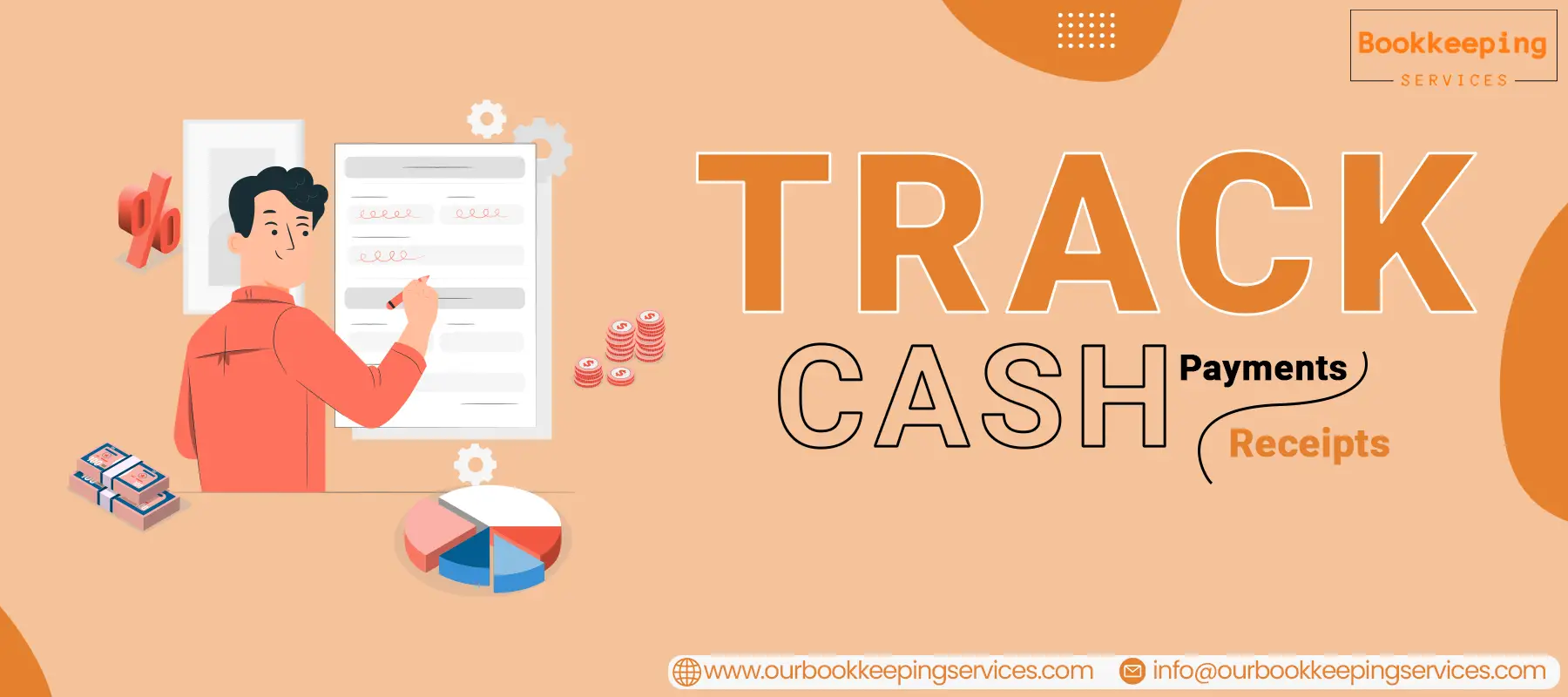
If necessary, seek our assistance to set up your system, manage cash payments properly, and ensure your financial records are accurate and up-to-date.
Protect your company's finances and prevent any possible problems with tax and accounting duties by keeping track of cash transactions.
6. Use cloud-based accounting software for automation
You can access financial data anywhere and anytime using cloud-based accounting software to automate bookkeeping and accounting operations. Accounting Software reduces the possibility of human mistakes and makes it simpler to track costs and revenue in real time. For instance, software like QuickBooks Online and Xero categorizes transactions, creates financial statements, and reconciles accounts automatically. These software programs provide functions that further simplify the accounting process, such as automatic invoicing, payment reminders, and receipt scanning.
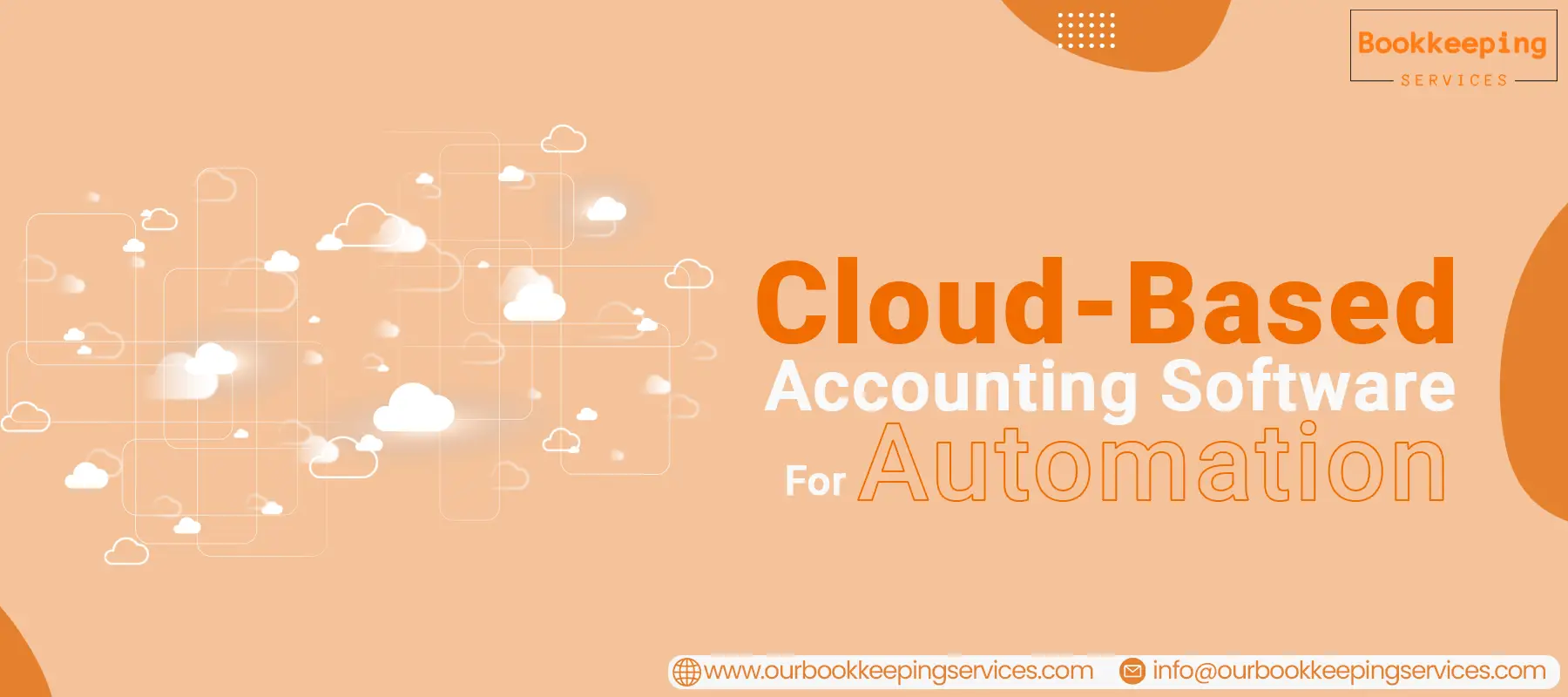
It also guarantees the protection and safety of financial data, enabling simple communication between you and accountants and making it easier to share information and cooperate to manage the company's finances. Using cloud-based accounting software, you can make informed financial decisions based on accurate data and focus on critical business functions.
7. Don’t forget to pay yourself a salary and reimburse business expenses.
If you are a sole proprietor, you should pay a salary and reimburse yourself for company costs spent to establish a clear division between personal and corporate funds. Reimbursement of business costs aids in maintaining correct records and prevents the blending of personal and business spending. These procedures are essential for efficient accounting and bookkeeping.
For instance, you run a small consulting business. Client payments are received, and you deposit them into your business's bank account. You pay a monthly salary from that account, just like any other employee would. You may manage your personal and corporate funds independently, simplifying budgeting and planning. You can also pay yourself back for any costs you expended on the company's behalf, including travel costs, office supplies, and meals with customers. By doing this, you can ensure that you do not bear the company expenses. Also, deduct those costs from your business taxes, lowering your overall tax burden.
8. Pay attention to accounts receivable and payable
Accounts receivable (AR) and accounts payable (AP) are important bookkeeping aspects that must be managed carefully to ensure a healthy cash flow for your business. Here are some pointers on how you can manage accounts receivable and payable:
Accounts receivable are the funds owed to your company by customers or clients for goods or services that have been provided but have yet to be paid. Managing your accounts receivable can help you avoid cash flow issues and ensure you receive the money you are owed. Here are some tips:
- - Send invoices promptly
- - Follow up on overdue payments
- - Offer payment options
- - Use accounting software
Example: Suppose your business provides consulting services to clients on a monthly retainer basis. If the client misses a payment or pays late, it could strain your cash flow. To avoid this, you could send invoices promptly at the beginning of each month and follow up with the client if payment has yet to be received on time. You could also use accounting software to track outstanding invoices and send automated payment reminders to the client.
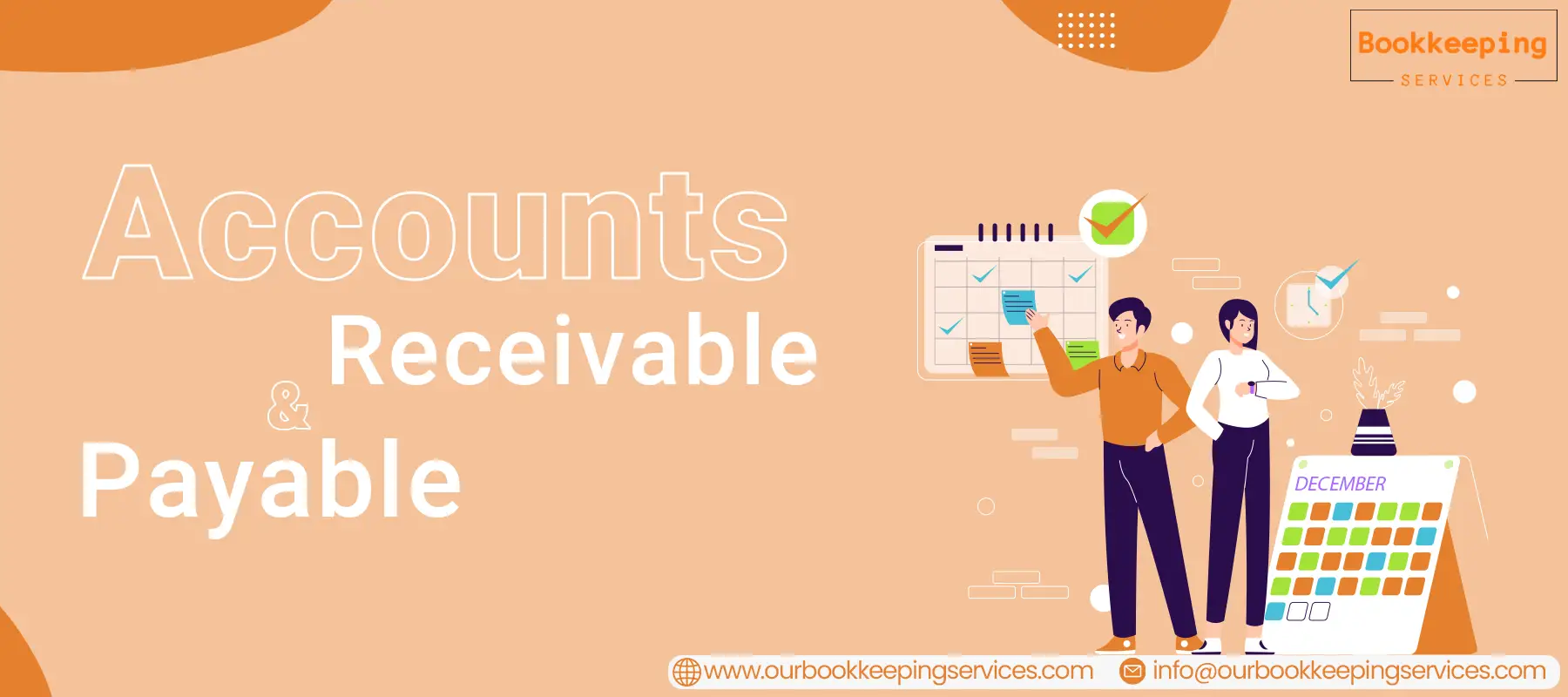
Accounts payable is the fund the business owes to suppliers, vendors, or other creditors for goods or services that have been received but have yet to be paid. Managing your accounts payable effectively can help you avoid late fees, maintain good relationships with creditors, and manage your cash flow. Here are some tips:
- - Pay on time
- - Negotiate payment terms
- - Keep accurate records
- - Use accounting software
Example: Suppose your business buys raw materials from a supplier regularly. Pay on time to maintain your relationship with the supplier and make it easier to get the needed materials. To avoid this, you could negotiate payment terms with the supplier that works for both parties and use accounting software to manage your accounts payable and schedule payments.
9. Make a Budget for tax expenses.
You as a business owner have to set aside a portion of your revenue for tax expenses to ensure you have enough cash to pay your taxes on time. You must set aside funds for various taxes, including income, sales, payroll, and property taxes. For example, if you make $100,000 in profit you may have to pay $20,000 in income tax and should set aside a portion of your monthly revenue to pay taxes. Sales tax is a percentage of the sale price of goods or services, whereas payroll taxes are based on employee salaries and wages. The assessed value of a business's real property is used to calculate property tax.
Budgeting for tax expenses can help you avoid cash flow issues and penalties for late or non-payment of taxes. You can ensure that you have enough cash to pay your tax bills when due by allocating a portion of your revenue to paying taxes regularly. This assists you in maintaining a positive financial position and avoiding potential legal issues associated with tax delinquency.
10. Create and check financial reports regularly
It is essential to periodically produce and evaluate financial reports since they help you to maintain tabs on your finances, make wise decisions, and comply with rules. You should base the frequency of your financial reporting on your business size, complexity, and related industry. To make the process of preparing financial reports simpler and less error-prone, it is advised to utilize dependable accounting software suitable for your business's demands and size.
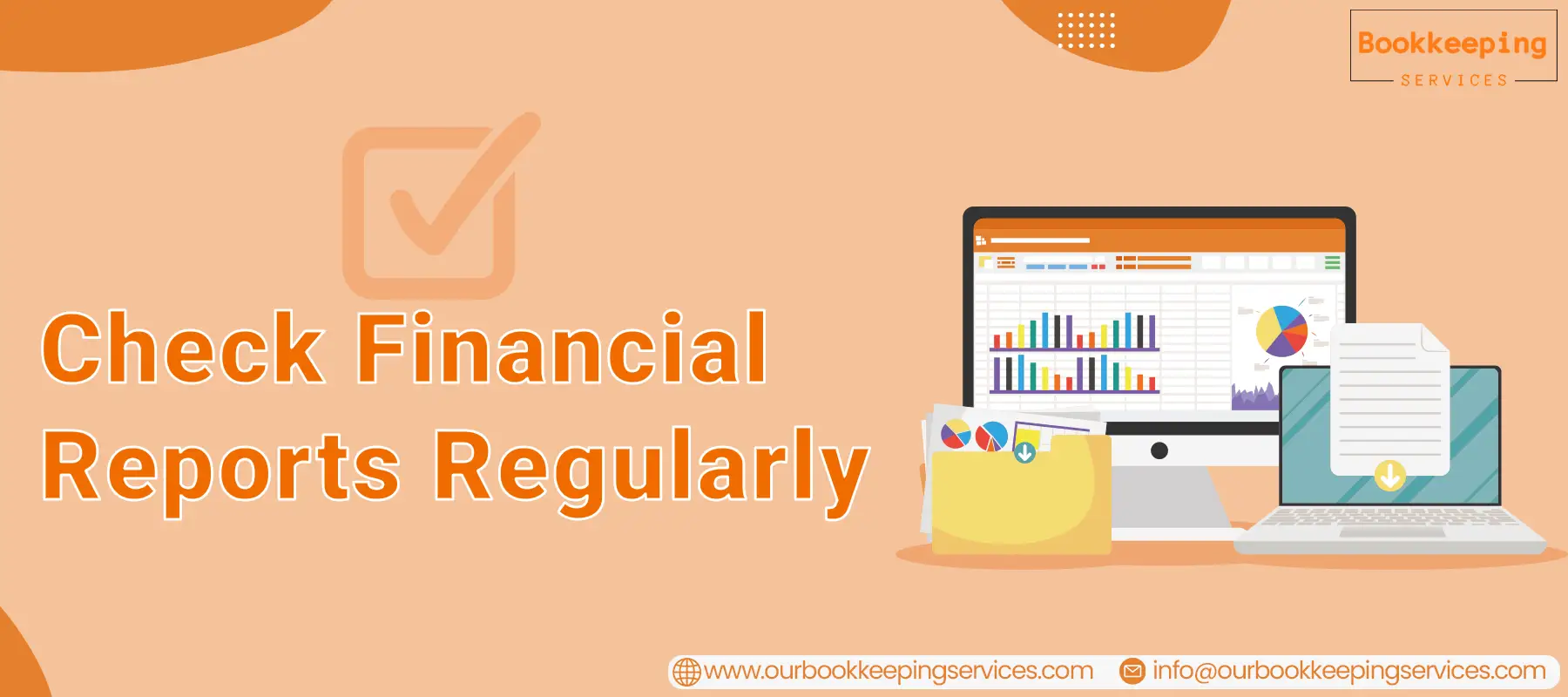
All financial transactions, including invoices, receipts, and bank statements, should be accurately recorded. Accounts should also be routinely reviewed and reconciled to verify the correct balances. Making educated judgments and identifying financial patterns is easier by comprehending financial documents like balance sheets and income statements. You can also use the expertise of a bookkeeper or accountant to develop and analyze financial reports as needed.
11. Important tax deadlines should always be remembered.
Remembering important tax deadlines is crucial for you to avoid penalties and interest charges for late payments. These deadlines vary depending on the type of tax and the jurisdiction, but generally, you need to file and pay your taxes by specific due dates. Failure to meet these deadlines can have serious financial ramifications, including additional fees, interest charges, and legal action. Here are some examples of critical tax deadlines:
Income Tax Deadline:
Businesses in the United States must file their federal income tax returns by the 15th of March or the 15th of April for calendar-year corporations. In certain circumstances, the due date may be extended; however, your business must file for an extension before the original due date to avoid late filing penalties.
Sales Tax Deadline:
Sales tax due dates vary by state and jurisdiction, but many require monthly or quarterly payments. In California, for example, your business must file and pay sales tax quarterly, with due dates falling on the last day of the next month at the end of each quarter.
12. Hire or Outsource a professional bookkeeper.
Outsourcing to a qualified bookkeeper is a smart choice for businesses of any size. A professional bookkeeper's experience and skills are incomparable to those of cloud-based accounting tools, which have increased accessibility for managing accounts. Hiring a skilled bookkeeping service providers can save you time, ensure that your records are always correct and well-organized, lower your expenses, and ensure that you are in full compliance with all tax laws and financial rules. If you have a complete and accurate picture of your organization's financial position, you can make well-informed decisions that contribute to its future growth and success.
Previous Post